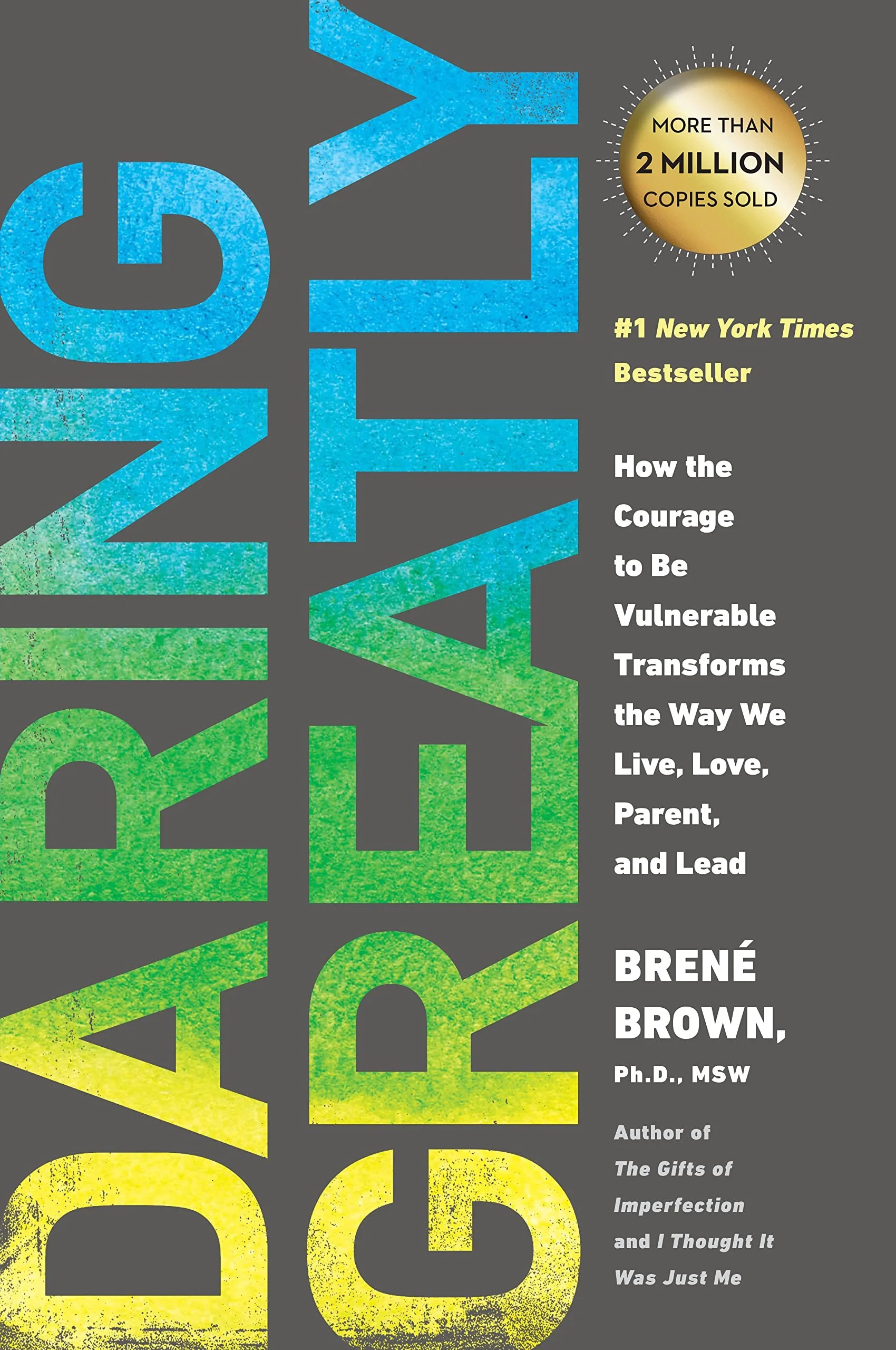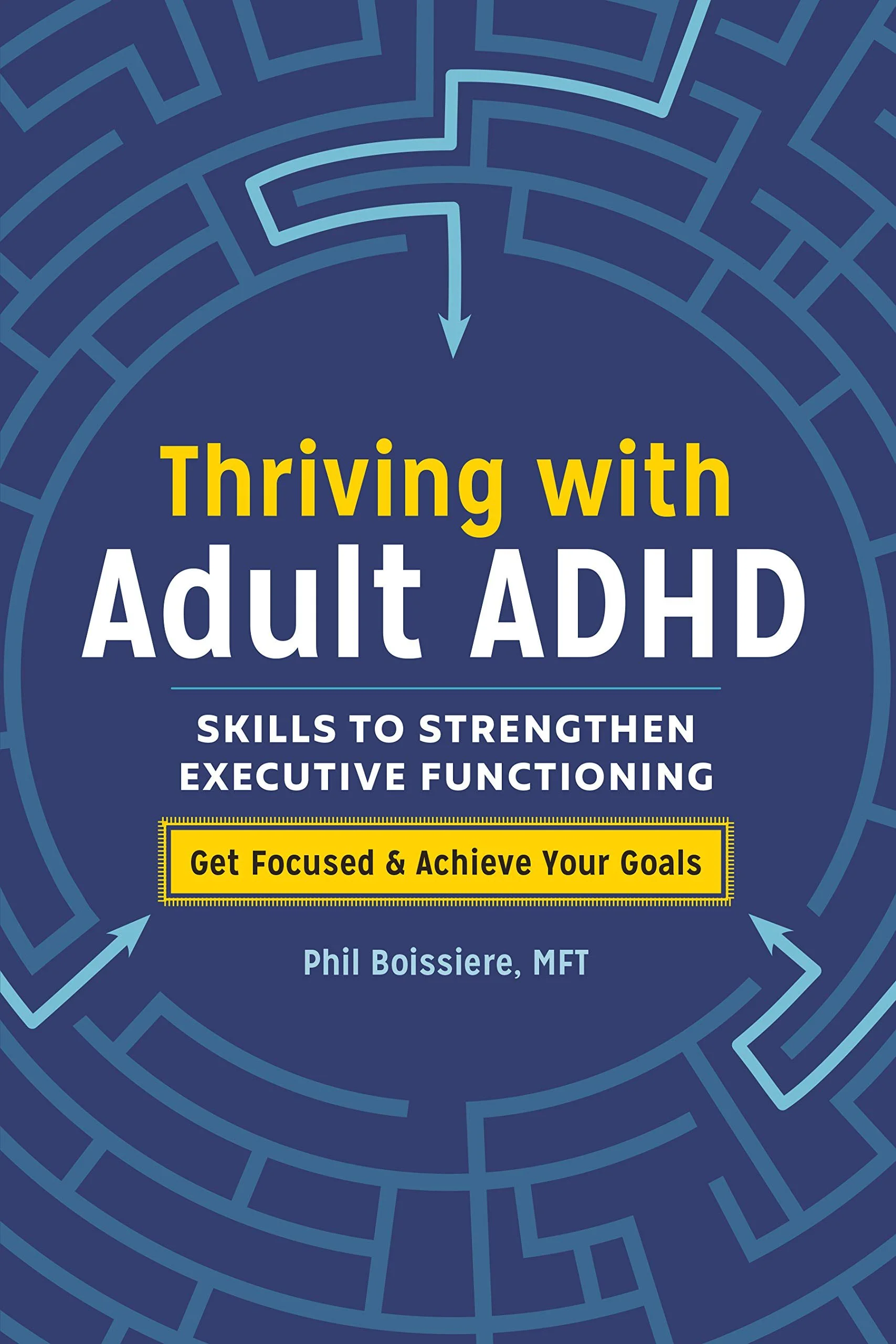
Resources
Favorite websites, books, and more related to all of your mental health needs, specially curated by lead counselor, Sara White
Learn More About Common Concerns
-
Depression
Depression is so much more than sadness. It's loss of interest. It's mood changes. It's eating too much or too little and sleeping too much or too little. It's psychological, physiological, and disruptive to relationships, work, and life in general.
-
Anxiety
Worry is a big part of anxiety, but it isn't everything. You may think the worst outcome for every situation. You may be irritable or jumpy or on high alert. Sometimes it can be intense and turn into panic. You might feel out of breath, have a racing heart, and feel dizzy. Anxiety can prevent you from living your life to its fullest potential.
-
Bipolar Disorder
Bipolar disorder includes a combination of symptoms that can be quite disruptive to everyday life if untreated. Two pieces needed for a diagnosis of bipolar disorder are mania and depression. Mania is accompanied by elevated mood that leads to impulsivity, recklessness, and unpredictability. Depression follows this period of “highs” and prompts debilitating “lows” that impact mood, sleep, eating, interest, and motivation.
-
PTSD
Post-Traumatic Stress Disorder (PTSD) is complex and usually develops following the experience of a terrifying, dangerous, and shocking event. People returning from war are typically what we think of when we hear about this serious disorder. But civilians also experience this. Witnesses to violence, survivors of rape and domestic violence, survivors of accidents and disasters are all examples of people who can experience PTSD. It can present in anxiety, depression, avoidance, flashbacks, nightmares, and more.
-
ADHD
Attention deficit hyperactivity disorder (ADHD) is a condition that impacts adults and children alike. People impacted by it may experience issues with inattention, lack of motivation, and hyperactivity. Focusing can be difficult, making school, work, and relationships difficult.
-
Grief
We experience grief after loss and after so much more. Grief follows death, the end of a relationship (romantic or otherwise), life changes, and more. Even good changes (like a promotion) can prompt grief, because changes mean leaving something behind, even if you’re moving onto something better. Grief is complicated. And we all grieve differently. The stages of grief (denial, anger, bargaining, depression, and acceptance) offer us a look into grief. We can experience grief linearly, where we begin with denial and end with acceptance, but life isn’t always so neat. We can jump around between the stages and revisit them over time. The goal is acceptance, but it is a difficult journey. Remember that grief is something that shifts and molds itself within the spaces of our minds. We grow around it.
For more information about mental illnesses, their symptoms, and their treatments, please visit the following:
THE NATIONAL INSTITUTE OF MENTAL HEALTH
THE NATIONAL ALLIANCE ON MENTAL ILLNESS
THE U.S. DEPARTMENT OF HEALTH & HUMAN SERVICES: MENTALHEALTH.GOV
-

Daring Greatly: How the Courage to Be Vulnerable Transforms the Way We Live, Love, Parent, and Lead — Brené Brown
-

I Thought It Was Just Me (but it isn't): Making the Journey from "What Will People Think?" to "I Am Enough" — Brené Brown
-

The Body Keeps the Score: Brain, Mind, and Body in the Healing of Trauma — Bessel van der Kolk
-

Maybe You Should Talk to Someone: The Workbook: A Toolkit for Editing Your Story and Changing Your Life — Lori Gottlieb
-

Adult Children of Emotionally Immature Parents: How to Heal from Distant, Rejecting, or Self-Involved Parents — Lindsay C. Gibson
-

Body Talk: How to Embrace Your Body and Start Living Your Best Life — Katie Sturino
-

The Mindful Path to Self-Compassion: Freeing Yourself from Destructive Thoughts and Emotions — Christopher K. Germer
-

Thriving with Adult ADHD: Skills to Strengthen Executive Functioning — Phil Boissiere